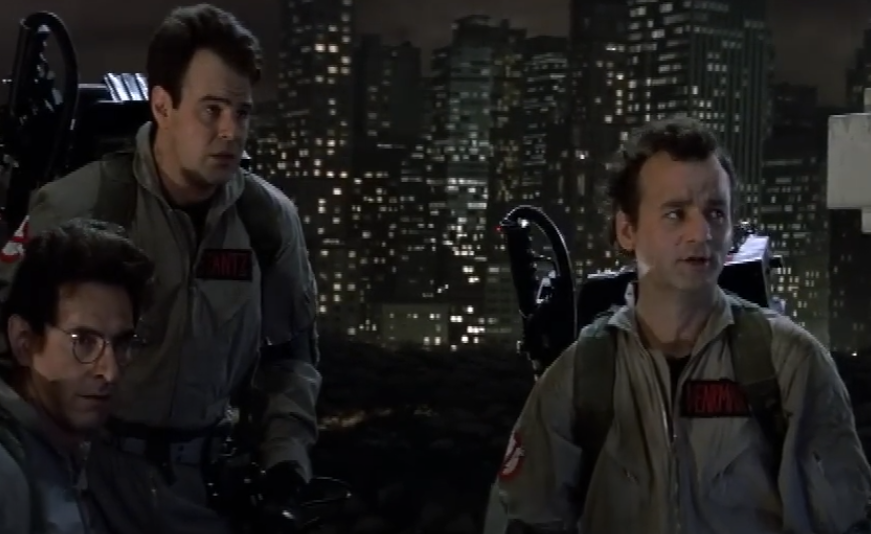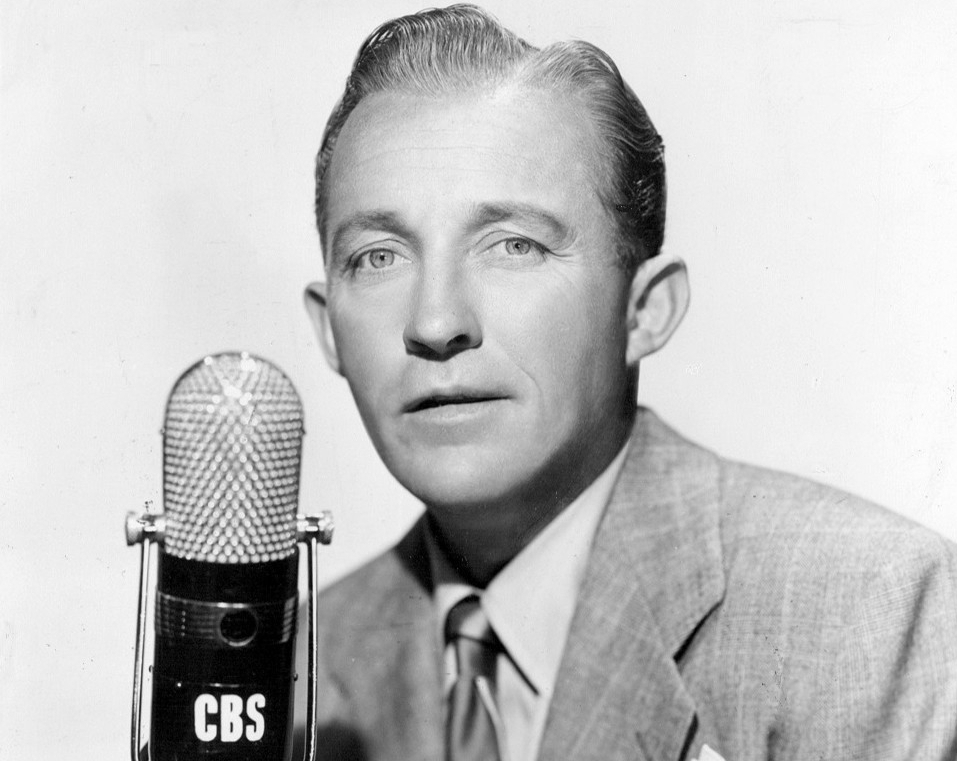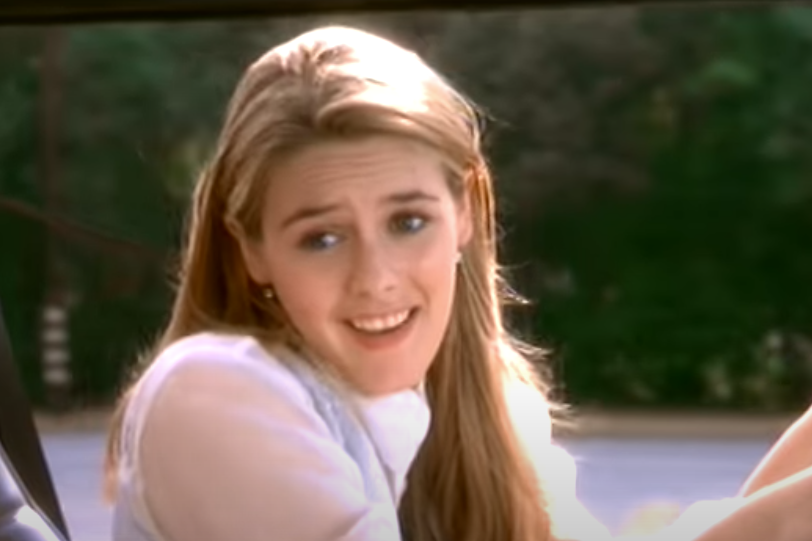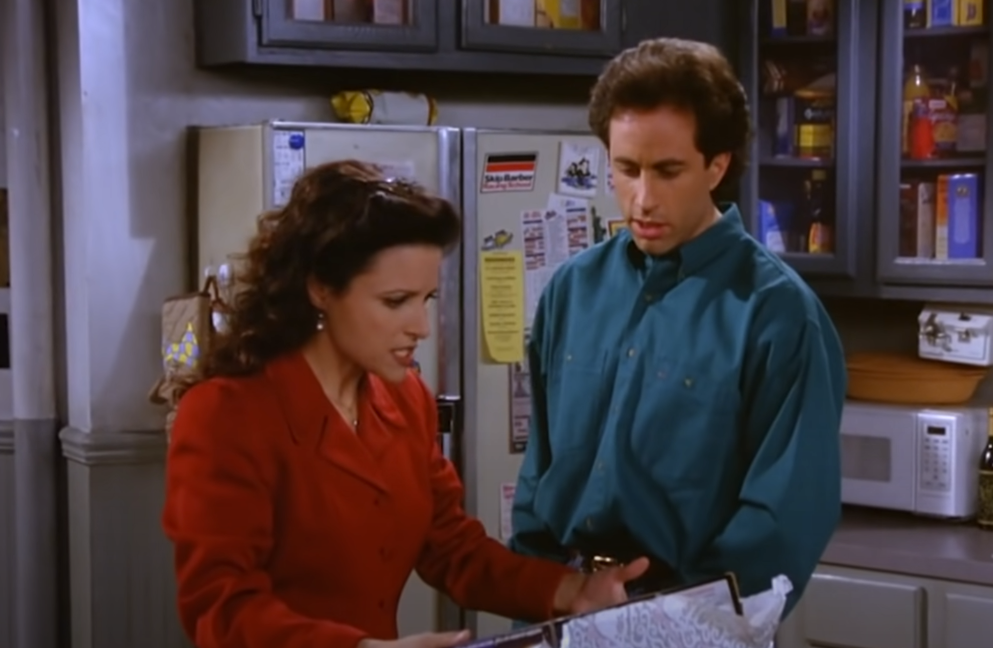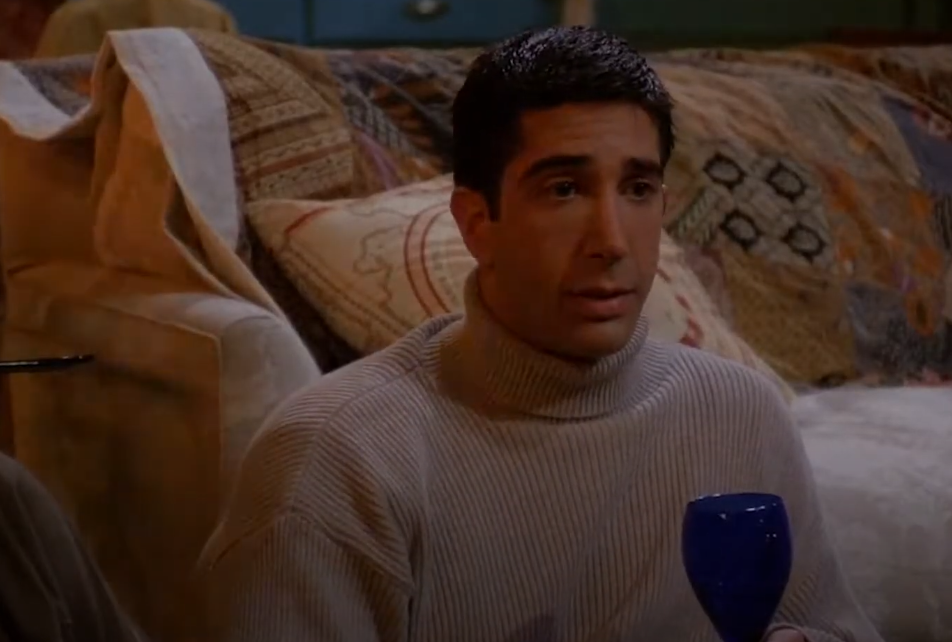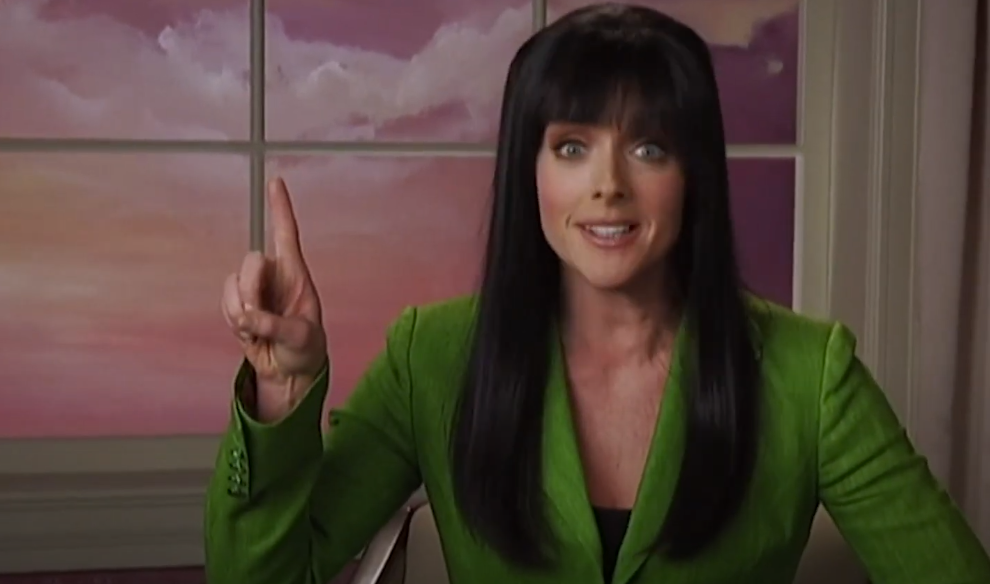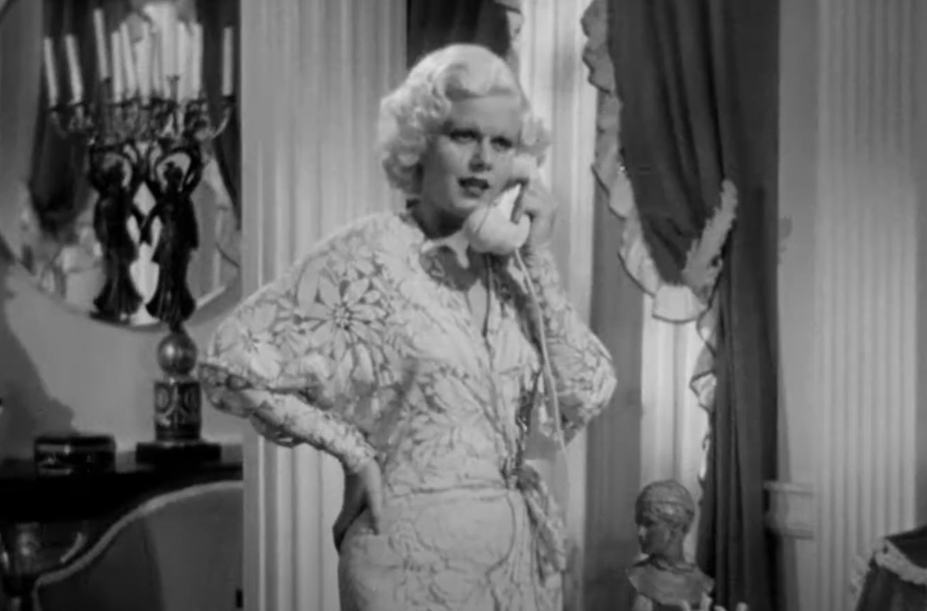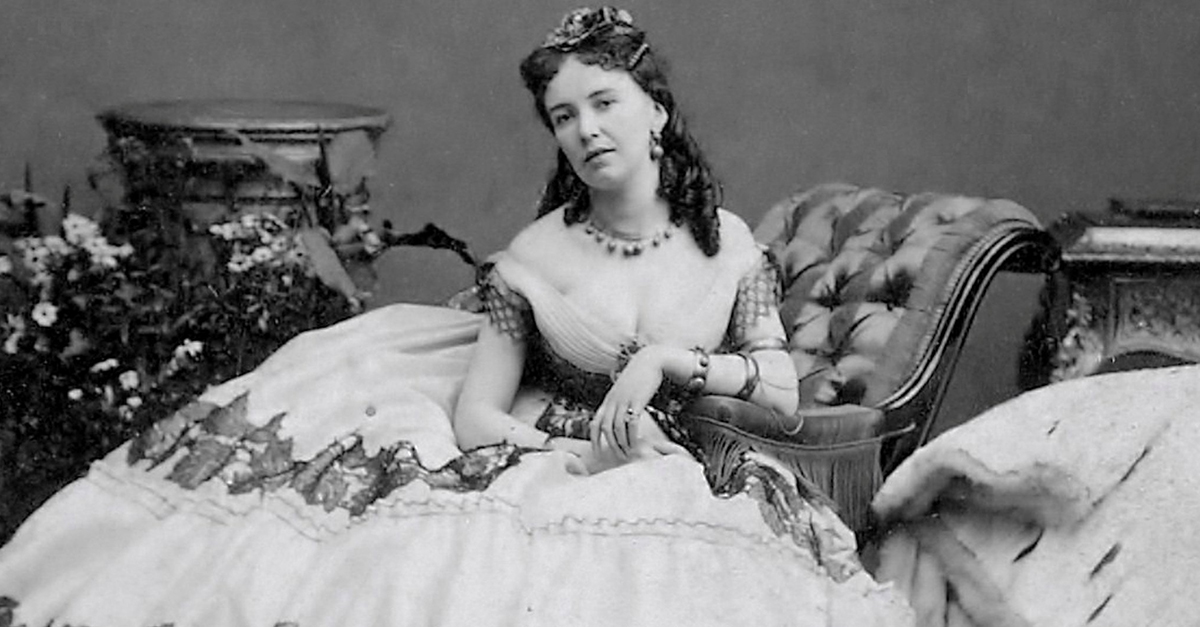Where’d you hear that?
Movies have such a significant impact on our speech and language that we often start using phrases and terms from movies in everyday language—so much so that some have begun to give new meaning to already existing words.
Sometimes we don’t even realize that the language we’re using came from pop culture at all.
Here’s 22 slang words and phrases we regularly use today that were actually coined by movies and TV shows—and which one in particular they originated from.
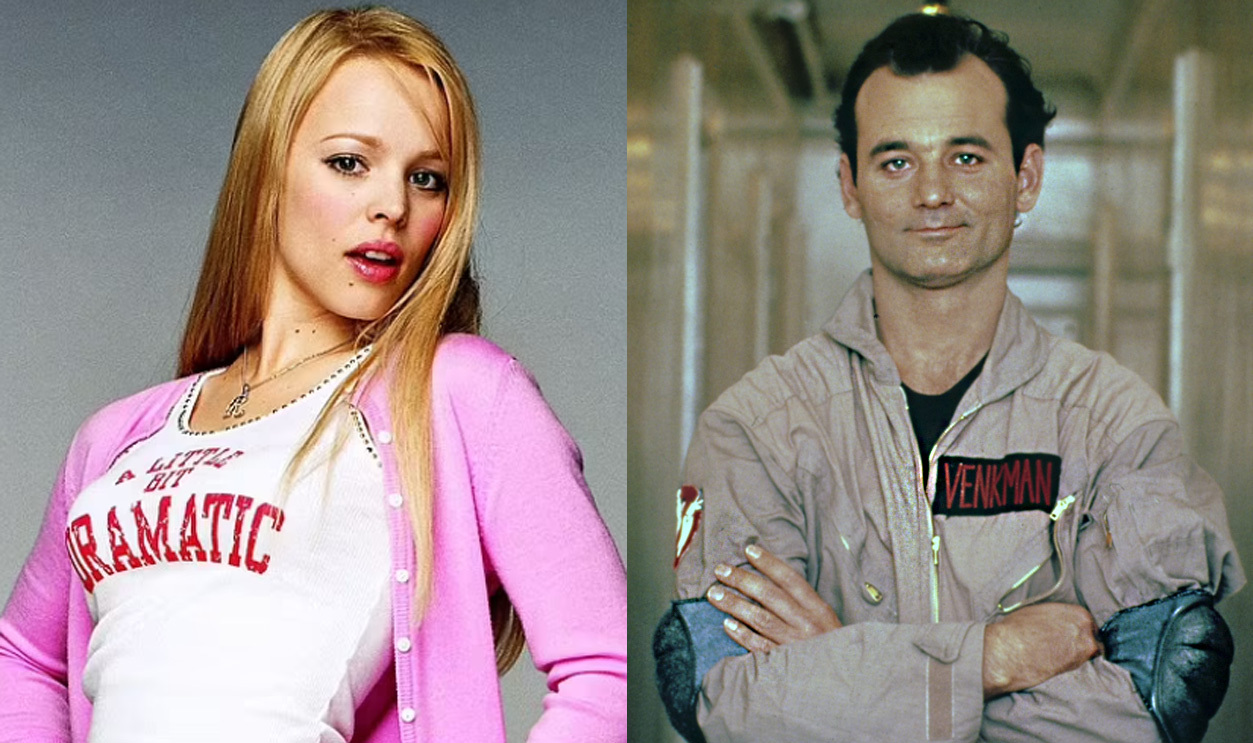
Gaslighting
The 1944 film, Gaslight, gave this work its current definition—a type of psychological manipulation that makes a person question their own sanity.
The phrase, “giving someone the gaslight treatment” first appeared in print in the 1950s, and by the early 1960s it evolved into the verb, “gaslighting.”
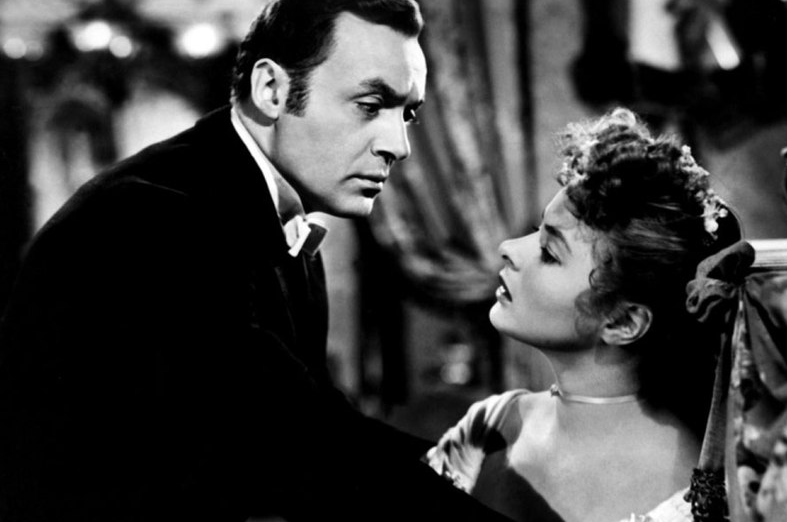 scatto di scena, Wikimedia Commons
scatto di scena, Wikimedia Commons
Toast
The 1984 film, Ghostbusters, is credited as the source for the term “toast,” which in today’s context means, “a person or object that is defunct, dead, finished.”
Billy Murray was unknowingly creating linguistic history when he said, “All right, this chick is toast!”
Catfish
Before the 2010 Documentary, Catfish—about a man who was deceived about the identity of someone he was communicating with online—“to catfish” meant to catch a whiskered bottom-feeder.
But after the documentary came out, “catfish” quickly became the term to address people with fake online profiles.
 Relativity Media, Catfish (2010)
Relativity Media, Catfish (2010)
Yippie-ki-yay
Although there have been various versions of this term since the 1930s—including in the action movie Die Hard, when Bruce Willis said the famous line—but sources all seem to agree that the original term comes from a 1930s Bing Crosby song, “I’m An Old Cowhand.”
The Dark Side
“The dark side” is often used when referring to “the dark or disturbed aspect of someone or something that is typically hidden.” People commonly use the phrases, “turning to the dark side,” or “having a dark side.”
This popular phrase immediately has people thinking of Darth Vader. Which makes sense since it was indeed Star Wars that was responsible for popularizing the concept.
 Twentieth Century, The Empire Strikes Back (1980)
Twentieth Century, The Empire Strikes Back (1980)
Bucket List
The 2007 film, Bucket List, about two terminally ill strangers who attempt to cross things off their wish list before they “kick the bucket,” is said to be the original source for the expression.
The word was created by the film’s author, Justin Zackham, in 1999 when he created his own bucket list.
The term has since been adopted to encompass a list of tasks to complete before any deadline, such as a “summer bucket list.”
 Warner Bros., The Bucket List (2007)
Warner Bros., The Bucket List (2007)
My Bad
While the term, “my bad,” is thought to have first surfaced in 1985 when it was very explicitly used in basketball jargon, it only became popular a decade later when the romantic comedy, Clueless, was released.
Main character, Cher Horowitz uses the term when she almost hits a cyclist while taking her driver’s test.
MILF
Before American Pie, the phrase was used a few times on online message boards, but the comedy film is most definitely credited for popularizing it.
MILF is a term that implies an older woman who is intimately desirable and usually has children.
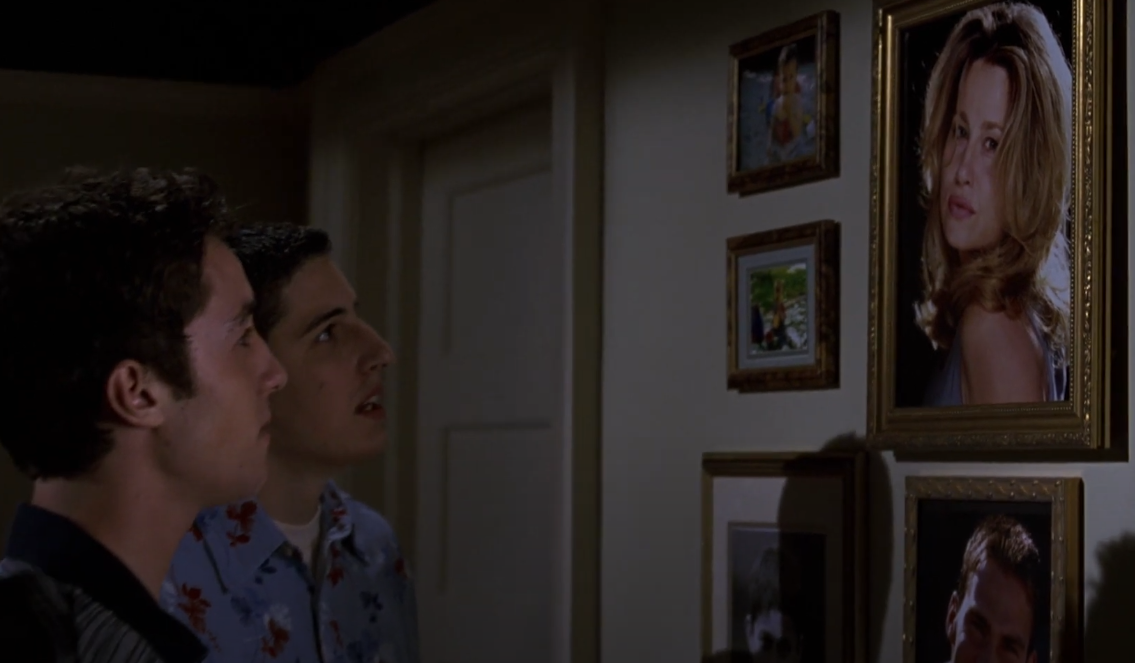 Universal, American Pie (1999)
Universal, American Pie (1999)
Savvy?
Throughout the Pirates of the Caribbean film series, Captain Jack Sparrow uses the term “Savvy?” as a verb following his lectures.
Basically, it’s the same thing as asking, “do you understand?” As a noun, it refers to intelligent and helpful information.
 Walt Disney, Pirates of the Caribbean: At World's End (2007)
Walt Disney, Pirates of the Caribbean: At World's End (2007)
Spam
The reason we all refer to unwanted emails and canned, cooked pork with the same word “spam,” is because Monty Python sang about the canned meat and made reference to it so often during production of the film that is ultimately became inspiration for the computer word.
 BBC, Monty Python's Flying Circus (1969–1974)
BBC, Monty Python's Flying Circus (1969–1974)
Nimrod
In the Bible, “Nimrod” was a hunter, king and direct ancestor of Noah.
Then, in the 1932 cartoon, Looney Tunes, Bugs Bunny used the phrase “such a Nimrod” to mock Elmer Fudd—and it quickly became an acronym for words like “moron” and “idiot.”
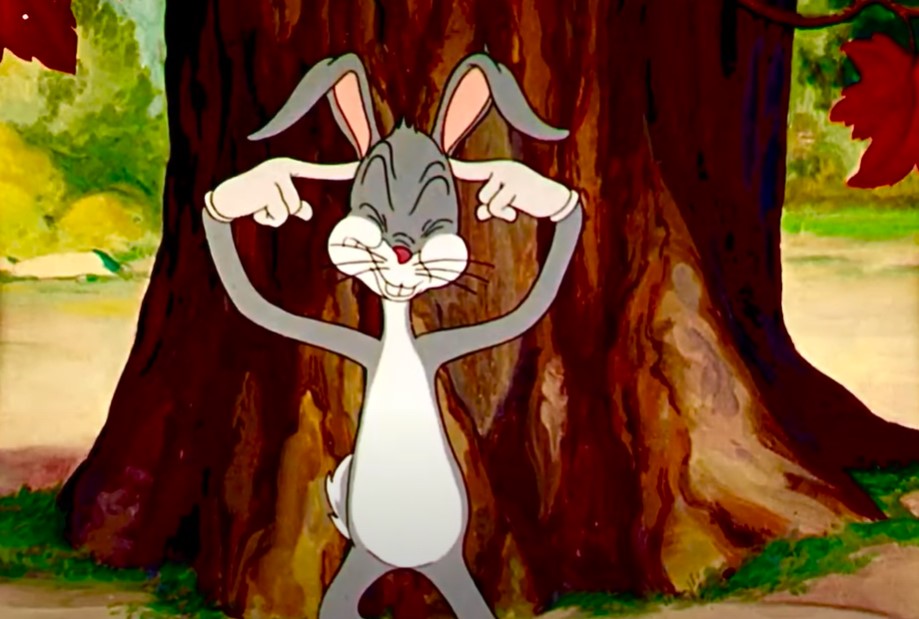 Warner Bros., A Wild Hare (1940)
Warner Bros., A Wild Hare (1940)
Paparazzi
The term “paparazzi” was first used in Federico Fellini’s 1960 film La Dolce Vita, where Walter Santesso stars as an irritating celebrity photographer.
The term apparently suggests an annoying buzzing sound, like an insect you can’t get rid of.
 Unknown Author, Wikimedia Commons
Unknown Author, Wikimedia Commons
Re-gifting
Regifting, which means giving away an unwanted gift that someone else gave to you, was first coined on Seinfeld.
In the episode “The Label Maker.” Dr. Tim Whatley is referred to as a “regifter” by the character Elaine after giving Jerry Seinfeld a label maker that she had initially given to Whatley.
Debbie Downer
“Debbie Downer” is a term often used to describe a negative or pessimistic person who often dampers the enthusiasm and joy of others.
The name became popular in 2004 on Saturday Night Live, when character Debbie Downer performed a skit introducing concept.
 NBC, Saturday Night Live (1975-)
NBC, Saturday Night Live (1975-)
Friend Zone
The term “friend-zone” is often used to describe a friendship between two people where one of them has romantic feelings that are unreciprocated.
The term is thought to have originated from the popular TV series, Friends, in the episode “The One With the Blackout,” when Ross is described as the mayor of the friend zone due to his unreciprocated feelings for Rachel.
Dealbreaker
Although deals have been made and broken for many years, the phrase was first used regarding romantic relationships on the show-within-a-show, “Dealbreakers!” on 30 Rock.
Go ahead, make my day!
This macho quote was famously spoken by Clint Eastwood’s “Dirty” Harry Callahan character in the 1983 film Sudden Impact.
The quote quickly became a widely known catchphrase and has been going strong since.
 Warner Bros., Sudden Impact (1983)
Warner Bros., Sudden Impact (1983)
Bombshell
The term “bombshell” is often used to describe an attractive woman. But not many people realize that it only became popular after the 1933 film Bombshell, starring Jean Harlow, was released.
Meh
The phrase “meh,” which is often used to refer to something that is unimpressive, apathetic, or different, apparently originated from Bart Simpson in The Simpsons.
Teenagers and kids picked it up quickly and it is still often used today—particularly with millennials.
Five-O
Many people might know the term “Five-O” when referring to the authorities. This was introduced in the popular TV series, Hawaii Five-O—a show about a police investigative unit in Hawaii.
 CBS, Hawaii Five-O (1968–1980)
CBS, Hawaii Five-O (1968–1980)
Fetch
While this term may be on its way out, at one point it was commonly used as a slang for “cool” or “awesome.”
It all started from Mean Girls, a popular 2004 teen comedy about the high school experience.
Bunny Boiler
“Bunny boiler” is a term used for “a person, especially a woman, who is considered to be emotionally unstable and likely to be dangerously vengeful.”
The term originates from the 1987 film, Fatal Attraction, in which a female character boils a pet rabbit to terrorize the family of a love interest who rejects her.


